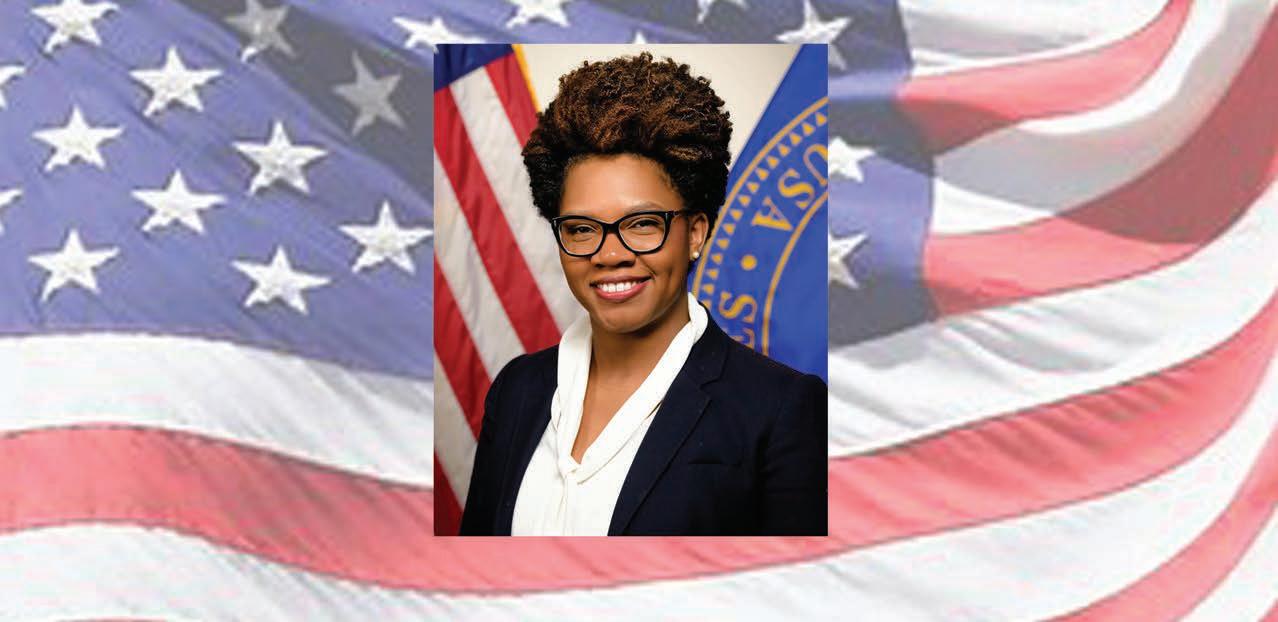Our studies have
included explorations of how and why care teams are formed and deployed in specific contexts,
measurement of the effects of
policy and payment changes on the health workforce, and
assessments of the impact of different workforce
configurations on quality, access, and costs.
Director Patricia Pittman, PhD
10
Health Workforce Equity Research Center & Health Workforce Policy Research Center The Mullan Institute at George Washington University is home to 2 centers: 1) one focused on equity in health workforce education (Equity) and training and 2) one focused on emerging health workforce issues (Policy). Established in 2018, the Health Equity Workforce Research Center conducts workforce studies on equity in health workforce education and training. The Equity HWRC research portfolio looks across the continuum of education and training opportunities for all health professions and assesses them in relation to social mission outcomes. Established in 2013, the Health Workforce Policy Research Center conducts workforce studies on emerging health workforce issues. The center’s research portfolio examines how new payment and delivery models, patient centered medical homes, team-based care, telehealth, National Health Service Corps, and other emerging care management strategies impact access and quality of care for rural and underserved populations. We are committed to advancing the science of workforce analysis by 1) developing cutting edge research methods for documenting how workforce staffing configurations impact patient satisfaction and health outcomes, 2) employing innovative uses of available datasets to identify the workforce caring for patients living in health professional shortage areas, 3) publishing a portfolio of peer-reviewed publications that build off of each other to identify policies for improving care for vulnerable and underserved populations, and 4) training the next generation of health workforce researchers to carry the work forward into the future. www.gwhwi.org/hwrc.html















